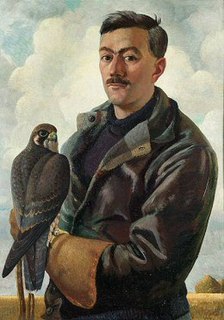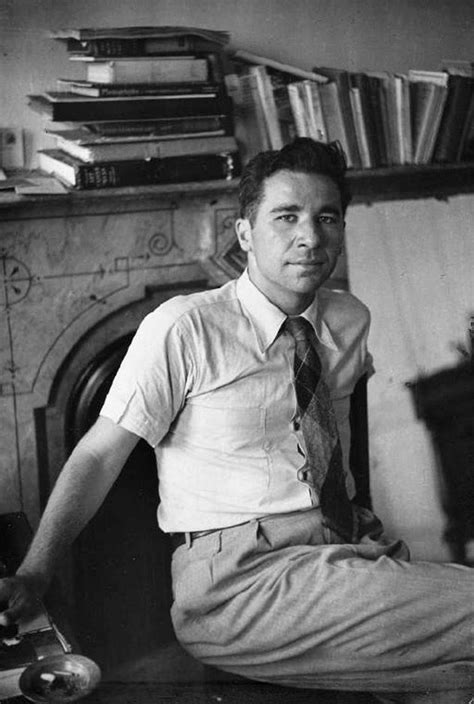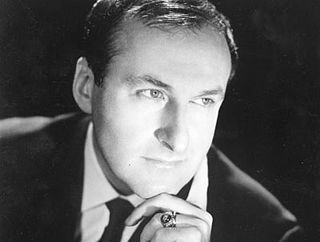A Quote by Theodor Adorno
The body's habituation to walking as normal stems from the good olddays. It was the bourgeois form of locomotion: physicaldemythologization, free of the spell of hieratic pacing, rooflesswandering, breathless flight. Human dignity insisted on the right towalk, a rhythm not extorted from the body by command or terror. Thewalk, the stroll, were private ways of passing time, the heritage ofthe feudal promenade in the nineteenth century.
Related Quotes
When we free ourselves from name and form, especially from a body - when we need no body, good or bad - then only do we escape from bondage. Eternal progression is eternal bondage; annihilation of form is to be preferred. We must get free from any body, even a "god-body". God is the only real existence, there cannot be two. There is but One Soul, and I am That.
For us democracy is a question of human dignity. And human dignity is political freedom, the right to freely express opinion and the right to be allowed to criticise and form opinions. Human dignity is the right to health, work, education and social welfare. Human dignity is the right and the practical possibility to shape the future with others. These rights, the rights of democracy, are not reserved for a select group within society, they are the rights of all the people.
In the Universal Declaration of Human Rights (December 1948) in most solemn form, the dignity of a person is acknowledged to all human beings; and as a consequence there is proclaimed, as a fundamental right, the right of free movement in search for truth and in the attainment of moral good and of justice, and also the right to a dignified life.
Walking I am unbound, and find that precious unity of life and imagination, that silent outgoing self, which is so easy to loose, but which a high moments seems to start up again from the deepest rhythms of my own body. How often have I had this longing for an infinite walk - of going unimpeded, until the movement of my body as I walk fell into the flight of streets under my feet - until I in my body and the world in its skin of earth were blended into a single act of knowing.
A ghost is a human being who has passed out of the physical body, usually in a traumatic state and is not aware usually of his true condition. We are all spirits encased in a physical body. At the time of passing, our spirit body continues into the next dimension. A ghost, on the other hand, due to trauma, is stuck in our physical world and needs to be released to go on.
You have to stand up and be a human. You have to honor the man or woman that you are. Respect your body, enjoy your body, love your body, feed, clean, and heal your body. Exercise and do what makes your body feel good. This is a puja to your body, and that is a communion between you and God. . . . When you practice giving love to every part of your body, you plant seeds of love in your mind, and when they grow, you will love, honor, and respect your body immensely.




































